|
Vietnam is one of the world’s largest consumers of rhino horn – one of the biggest threats to the world’s rapidly diminishing rhino populations. But attempts to stem the trade simply aren’t working. Vu Hoai Nam Dang and Martin Reinhardt Nielsen suggest that this is because conservationists and governments aren’t addressing the real reasons people use and value rhino horn.
Elsewhere, Yu-Shan Wu reflects on how China’s relationship with a growing number of African countries is being reported by journalists on the continent. She argues that far more accuracy and depth is required to tell these stories with the necessary nuance and complexity.
|
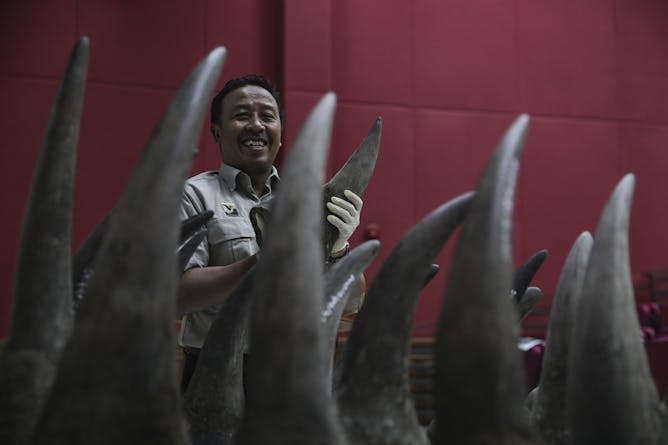
Malaysia’s wildlife department seized 50 African rhino horns destined for Vietnam last year.
EPA-EFE/FAZRY ISMAIL
Vu Hoai Nam Dang, University of Copenhagen; Martin Reinhardt Nielsen, University of Copenhagen
Our findings suggest that the demand for rhino horn is unlikely to fall because people's beliefs are firmly entrenched.
|
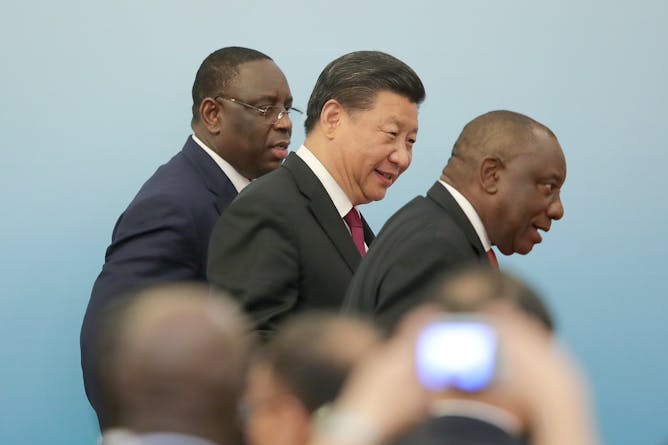
Media houses should better equip their journalists to cover the complex relationship between China and Africa.
Lintao Zhang/EPA
Yu-Shan Wu, University of the Witwatersrand
Individual relationships between China and particular African countries differ a great deal.
|
Business + Economy
|
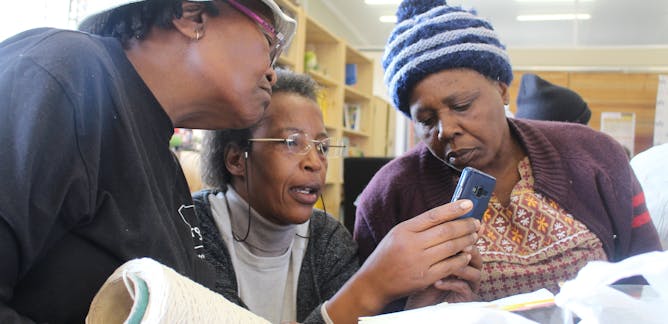
Aubrey Hruby, Georgetown University
Some entrepreneurship support models work better than others. Governance and structure is key to their success, or failure.
| |

Ingrid Woolard, Stellenbosch University
Wealth inequality in South Africa is not only intolerably high, its also not reducing.
|
|
|
Science + Tech
|
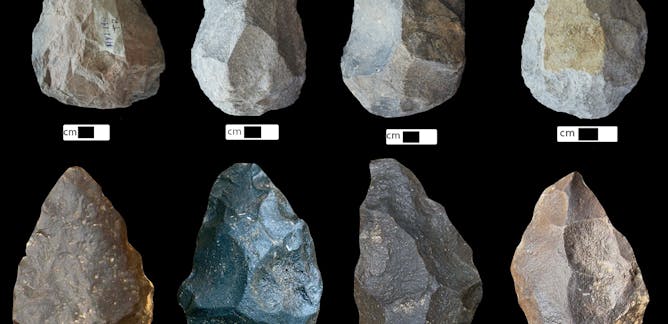
Amanuel Beyin, University of Louisville; Ahmed Hamid Nassr., University of Ha'il; Parth Randhir Chauhan, Indian Institute of Science Education and Research Mohali
There's almost no place on earth that doesn't hold traces of humanity. But which routes did our ancestors follow first?
| |
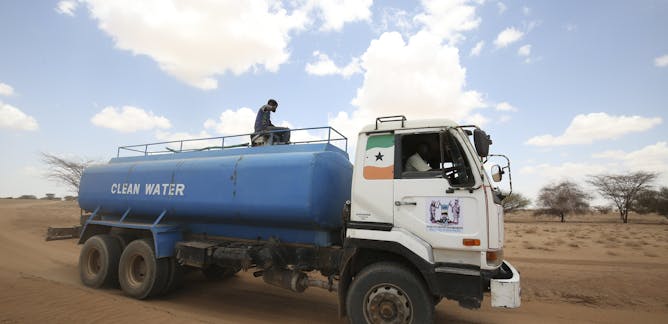
Michael Okoti, Kenya Agricultural & Livestock Research Organisation
Changes in weather patterns have made life a great deal more precarious for pastoral communities.
|
|
|
Health + Medicine
|
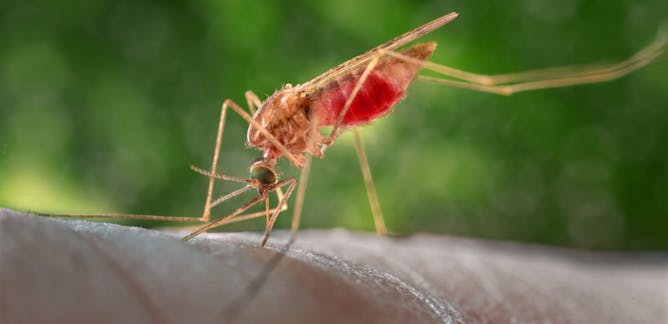
Faith Osier, Wellcome Trust
Given the high burden of malaria in sub-Saharan Africa, a partially effective vaccine is considered better than none.
| |

Neelakshi Mungra, University of Cape Town; Krupa Naran, University of Cape Town; Trishana Nundalall
Most cancer research has been done in Europe, there's minimal data on African populations.
|
|
|
Podcasts
|

Ozayr Patel, The Conversation
Light pollution comes with numerous problems.
| |

Ozayr Patel, The Conversation
Developing countries present an opportunity for agroecological innovations to help small-scale farmers.
|
|
|